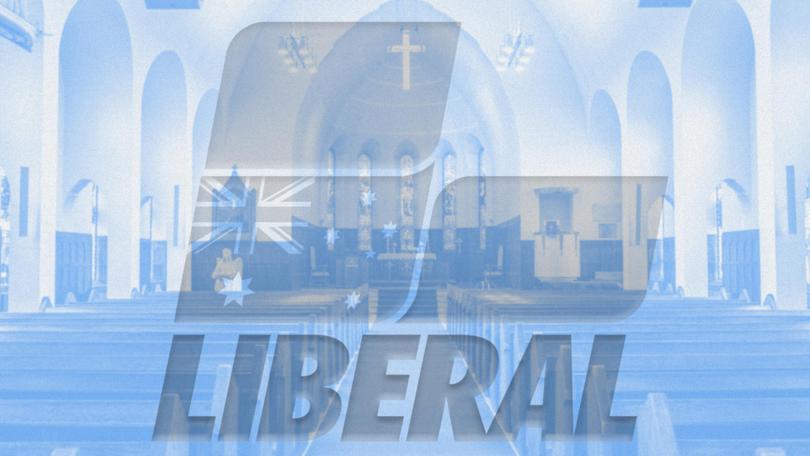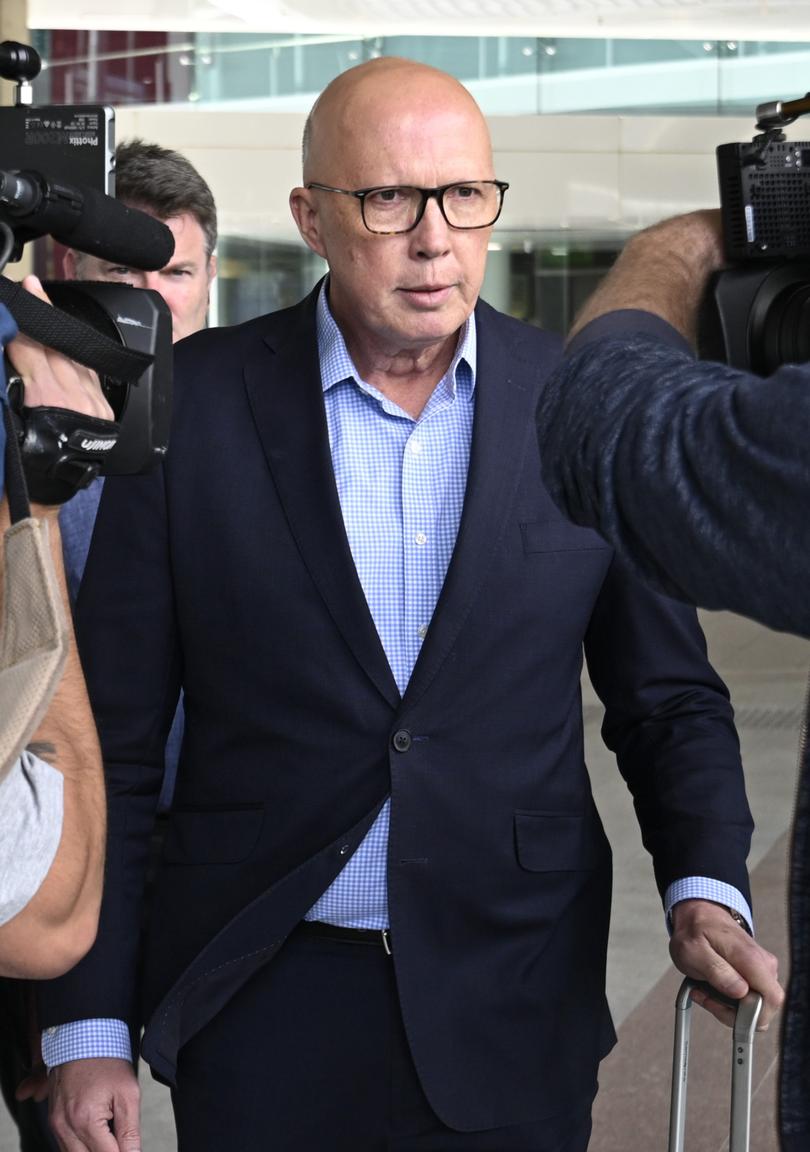MARK RILEY: Unless Liberal Party embraces moderates to be a ‘broad church’, it’s welcoming its own destruction
MARK RILEY: In the post-apocalyptic gloom of Sunday morning, a bunch of current and former Liberal advisers shared their views over WhatsApp on the enormity of what had just happened.

In the post-apocalyptic gloom of Sunday morning, a bunch of current and former Liberal advisers shared their views over WhatsApp on the enormity of what had just happened.
What they surveyed in political terms was nothing short of a bleak dystopian hellscape.
It was the worst result in the Liberal Party’s 84-year history.
Sign up to The Nightly's newsletters.
Get the first look at the digital newspaper, curated daily stories and breaking headlines delivered to your inbox.
By continuing you agree to our Terms and Privacy Policy.It was also the first time an opposition leader had ever lost an election and their own seat.
The Coalition’s primary vote had suffered a collapse of epic proportions, falling 10 per cent below its peak of just six months before.
So, what had gone so horribly wrong?
One of the staffers offered a confronting answer.
He invited the group to remember what they had all thought when Peter Dutton was appointed leader after the 2022 election loss.
“We thought he was un-electable,” the adviser said.
But they had buried that concern beneath the false hope offered by the party’s internal polling.
It seemed to show the electorate responding positively to Dutton’s conservative brand of binary politics, built on confrontation and culture wars.
But now their original reservations were slapping them in the face.
The Dutton experiment had failed. Horribly.
The problem stemmed back to what Dutton might call a “sliding doors moment” after the Morrison government’s defeat.
The party faced an opportunity then to move back to the centre with a progressive leader, or at least one who could reach across the aisle of what John Howard called the Liberal Party’s “broad church” of moderates and conservatives.
The moderates had been effectively excommunicated in the 2022 result.
Women in particular had joined a teal wave that washed away Liberal progressives, including their putative leadership candidate, Josh Frydenberg.
Instead of trying to repopulate those pews by looking to the future, the party decided to double down on the conservative side.
The party moved swiftly towards Peter Dutton.
“Remember what we all thought at the time?” one member of the WhatsApp group asked on Sunday.
“We thought that was a big mistake. But the polls kept telling us it wasn’t.”

Ah, the polls!
Didn’t they do Australian voters a great disservice. Again.
The polling the Liberal Party received over the past 18 months was at best soft, yet strategists took it as justification for not rolling out detailed policy.
Why set yourself up as a target when voters were apparently so disappointed in the Government that they were preparing to throw it out after one term?
All that began to change in January.
Anthony Albanese hit the ground running after Christmas with a series of big health announcements — bulk billing incentives, capped medicine pricing, more urgent care clinics — that ensured Medicare dominated the pre-election conversation.
The Coalition was caught flat-footed.
It was left saying “me too” to all those announcements, knowing it couldn’t win a fight over health care.
Then came the Budget and the biggest tactical mistake the Coalition made under Dutton — the one the WhatsApp group believed finally put its electoral chances to the sword.
Labor couldn’t believe its luck when shadow treasurer Angus Taylor announced on Budget night that the Coalition would oppose the Government’s modest changes to the tax scales, saving average earners just $5 a week.
There is a compelling reason why no opposition in living memory has gone to an election promising to repeal tax cuts.
It’s nuts.
So, with Labor running rampant on health and the economy, the Coalition suddenly found itself rushing to fill in the detail of its own policy alternatives.
But it had left perilously little time to get the shape and tone right.
That became fatally evident when Dutton was forced to ditch the ill-considered “return to work” policy in week one of the campaign.
He then spent five weeks arguing for nuclear energy while studiously avoiding going within cooee of any of the seven sites he had earmarked for reactors.
Then in the final week he began throwing red meat to the conservative base by railing against the “hate media” and questioning Welcome to Country ceremonies.
Those decisions were seen by the progressives as acts of utter desperation.
And, so, the Liberal Party finds itself in the same place as in 2022 — albeit in worse shape — facing the same existential question.
Does it shift back to the centre and rebuild the moderate side of its congregation? Or does it continue to turn right and eventually go the way of the dodo?
The answer appears obvious.
But as many in the advisers’ WhatsApp group observed this week, it is no more obvious now than it was in 2022. And they went for Peter Dutton then, despite their now proven reservations.

